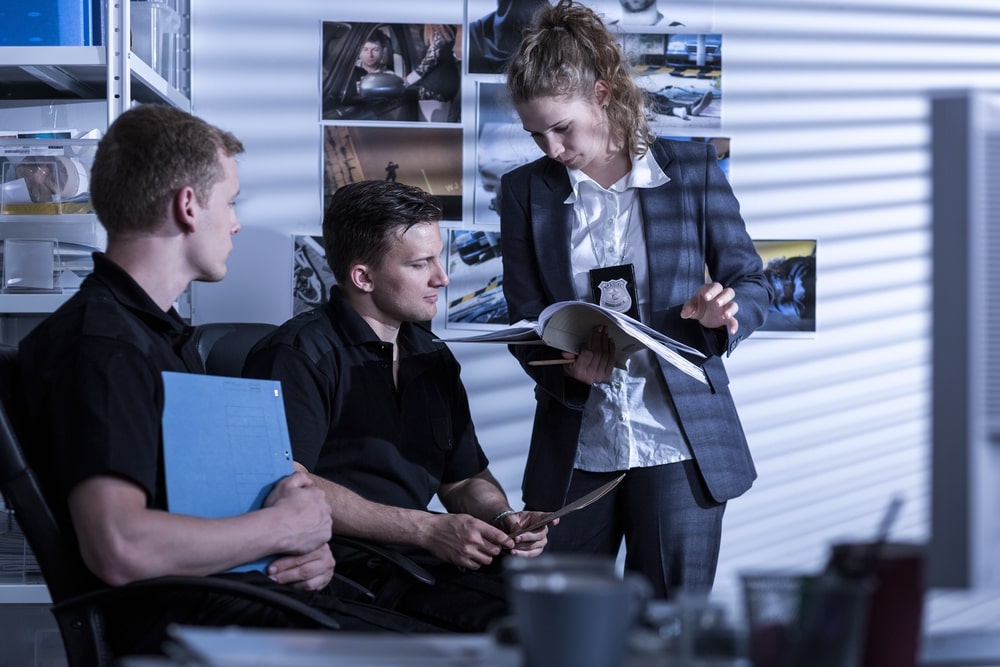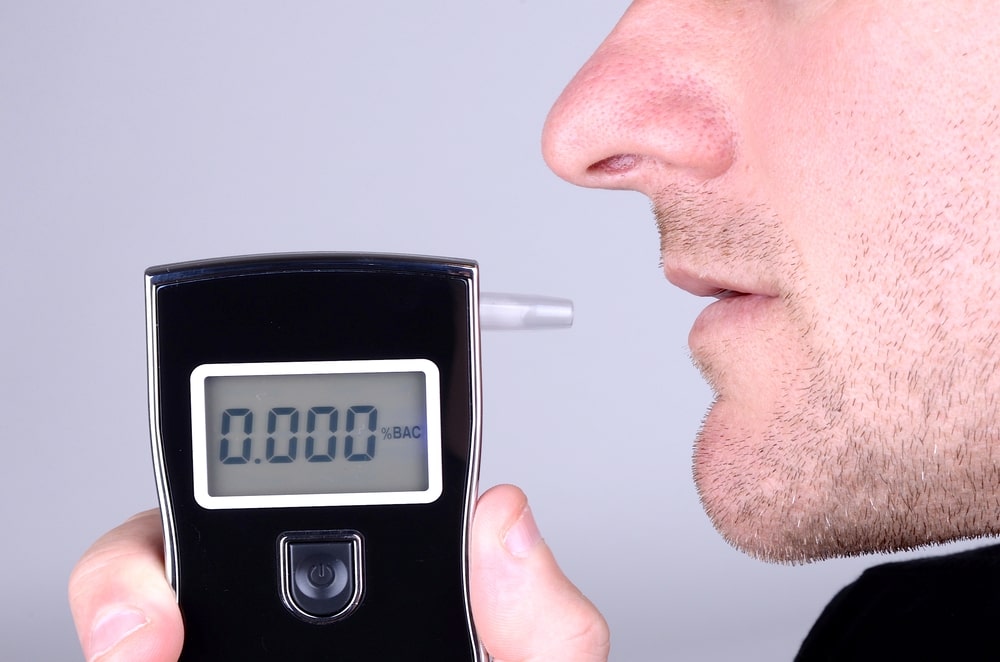Austin Is known for its bars and restaurants
That’s why there is a special group of officers in the Austin Police Department who are in charge of following people home after they leave bars and restaurants. They camp out around Downtown and the Domain at night and they drive undercover police cars so you don’t know they’re following you. They follow people all the way home or until they commit a minor traffic violation. Of course, any police officer can pull you over for DWI, but APD places a special emphasis on DWI enforcement with their DWI unit.
Most people ask me what they should do if they get pulled over by an police officer and they’ve had a drink or two that night.
First, pull over to a safe place, turn off your car, and turn on the inside lights so the officer can see you clearly, and get your license and insurance ready.
Second, put your hands on top of the steering wheel, so the officer can see your hands clearly. You want to make them feel as safe as possible.
Third, roll your windows down just a little bit, so the officer can hear you. Hand him your license and insurance. If they ask you any questions, politely respond, “I’m sorry officer, but my attorney told me not to answer any questions without him present.” Don’t be afraid to talk a little louder because the window isn’t open all the way. The reason you do this is so they can’t allege they smell alcohol on your breath (the oldest trick in the book they use to justify arresting someone for DWI).
By not answering any questions, you don’t fall into any traps where you admit coming from a bar or drinking with your friends. Not answering questions is perfectly legal. If the police officer is insistent on you that they’re just trying to talk to you, just politely repeat, “I’m sorry officer, but my attorney told me not to answer any questions without him present.” Don’t give up. You want to maximize your chance at getting this DWI charge dropped later. There is no way you can talk your way out of an arrest if the police officer already made up their mind. And most officers already have.
They will then ask you to step out of your car. Roll up your windows and get out of the car. Lock your doors behind you so they can’t legally search your car.
At this point, the officer will ask you to take sobriety tests. Refuse to take them. Politely refuse, “I’m sorry officer, but my attorney told me not to take any sobriety tests without him present.” And refuse the portable breath test. Politely refuse, “I’m sorry officer, but my attorney told me not to take any sobriety tests without him present.”
At this point, the officer will most likely arrest you for DWI. Don’t resist because you will be charged with Resisting Arrest even if you are found innocent later.
Don’t say anything in the back of the police car. Remember, everything is recorded the moment the police officer turned on their sirens.
When you arrive at the police station, pay attention. The police officer will now ask you to take a breath test. Refuse this, “I’m sorry officer, but my attorney told me not to take a breath test without him present.” And then they will ask you to take a blood test. Refuse this too, “I’m sorry officer, but my attorney told me not to take a blood test without him present.”
At this point, the officer will try to go to a 24 hour judge to ask them to sign a warrant to search your blood. Most of the time, the officer comes back with a signed warrant to pull your blood. At this time, consent to the breath test. Tell them “I want to take the breath test.” You can change your mind before they administer the blood test to you. Be persistent about it. “I want to take the breath test.”
The reason you should refuse to both the breath and the blood tests at first is because if there is no nurse at the station to pull your blood, the officer will not ask the judge for a warrant. And you will have no evidence against you for DWI.
The reason if the officer comes back with a signed warrant, you should consent to the breath test is because the breath test is much more unreliable than the blood test, and it is much easier to fight the breath test later. The reason you delay the breath test like this is because you’re trying to delay the time between when you got pulled over and the breath test. The more time that passes between when you got pulled over and the breath test, the weaker the State’s evidence is against you that you were intoxicated at the time of driving. It is only against the law to be intoxicated (over 0.08) at the time of driving. If you consented to the breath test the first time they asked you, you would have short-changed yourself on the extra time it takes the officer to go get the warrant signed by the judge. But if you consent to the breath test after the officer gets the warrant signed, you just bought yourself a lot of extra time to sober up and to weaken the State’s evidence against you.
The breath test machine
Used by the Austin Police Department is literally a black box. Your breath goes in and a number spits out the other end. No one knows how it works. It comes from the manufacturer loaded with lots of functionality that can help someone trying to double check how accurate the breath test result was, but the Austin Police Department conveniently turned all of the functionalities off. Imagine if you just bought a brand new car, but you removed everything inside of it that makes the car drive safely. Like the airbags. And the speedometer. And the traction control. And the brakes. You don’t need those things to drive the car. You just need a gas pedal to make the car go. That’s exactly what the Austin Police Department decided to do to their breath test machine. So there would be no way to double check if something went wrong or if the breath test result was even valid. Maybe this was intentional. But it did create a mountain of reasonable doubt that we can use to get your DWI charge dropped.
So remember: BLOW, DON’T BLEED
- First refuse to both the breath test and the blood test.
- But if the officer comes back with a warrant for your blood, then consent to breath test.

